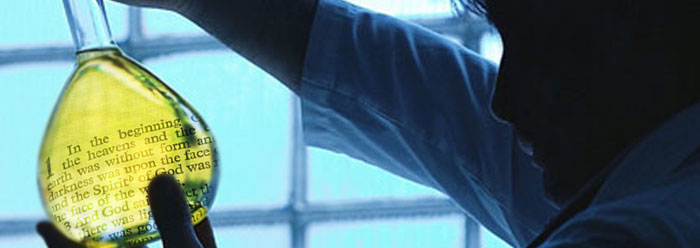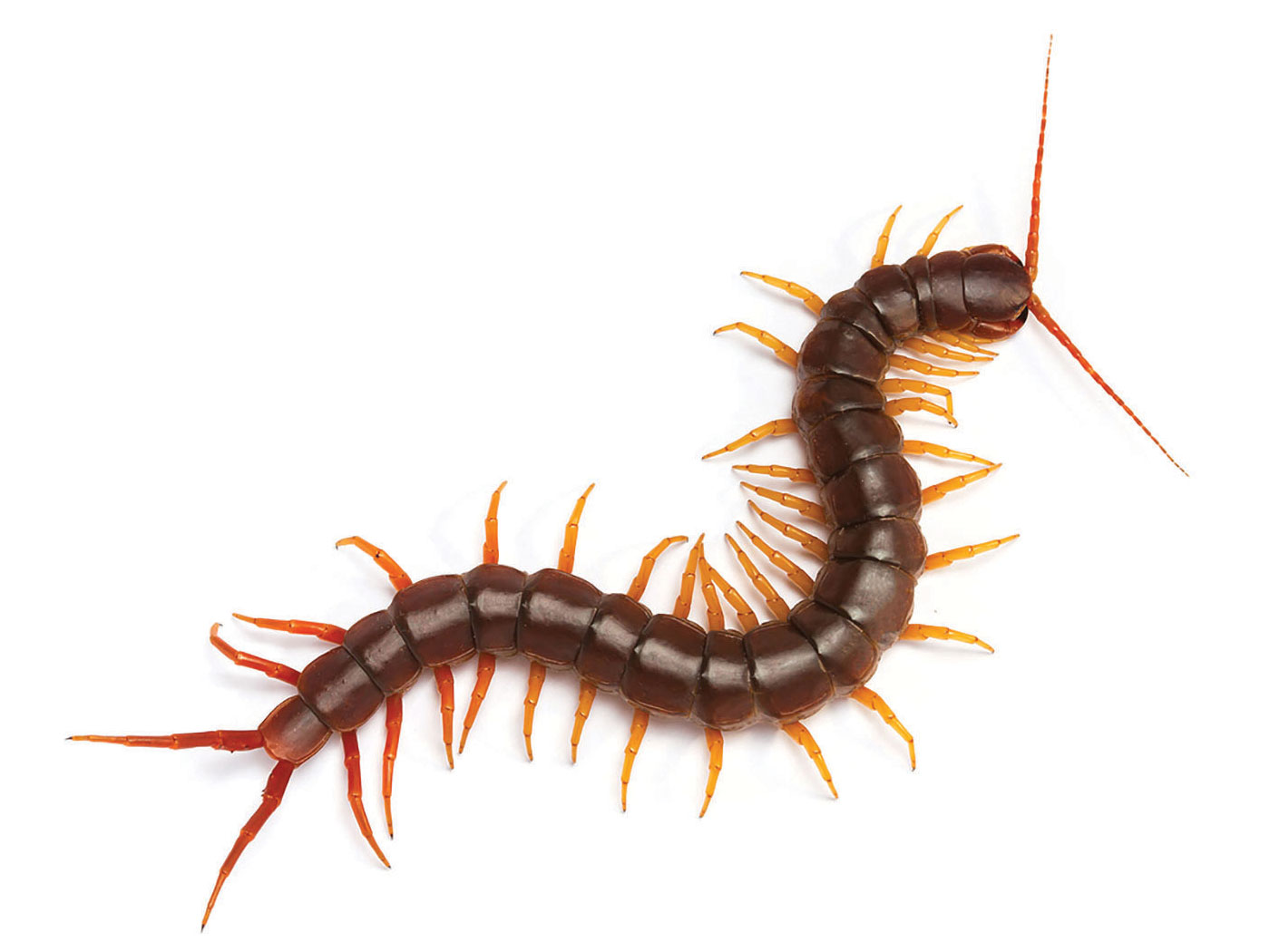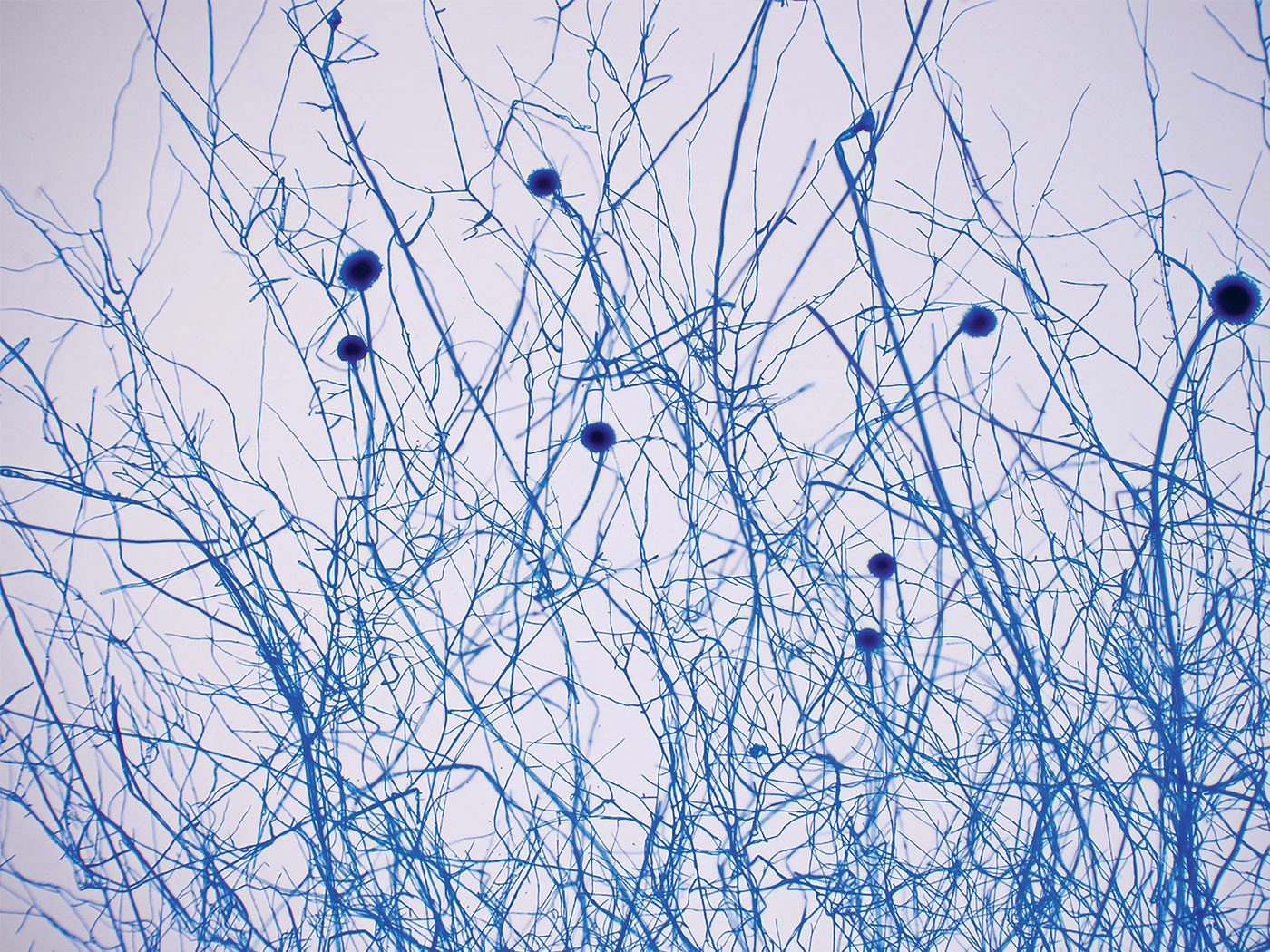Biology textbooks teach that mutations added the high-quality genetic information needed to transmutate a fish into a monkey—even though experiments have shown that mutations merely corrupt the information that is already present. In a new experiment, microbiologists from Uppsala University in Sweden induced mutations in two bacterial genes to observe the effects. The results led them to admonish scientists to change how they think about the role mutations play.
The study’s authors cited a lack of experimentally derived data amid the flood of molecular comparison studies of mutational differences between various creatures. They therefore put mutations to the test, measuring how 126 different random single mutations affected the fitness of growing bacterial populations.1 They were able to directly correlate growth rate to "fitness" because they knew that the three-dimensional structure of the two non-essential proteins produced from the two genes they mutated directly affect how fast the bacteria can grow.
In theory, each mutation could have a negative, neutral, or positive effect on growth rate. What they found was that all the mutations had a negative effect. While a few were dangerous, most had very little negative effect. Could such a small negative effect even be detected, let alone culled, by natural selection? And how could a fish transmutate into a monkey by losing "fitness" each generation?
It can’t, according to biophysicist Lee Spetner. Though a believer in evolution, Spetner criticized the idea that mutations contribute anything positive, and wrote, "Information cannot be built up by mutations that lose it. A business cannot make money by losing it a little at a time."2
The preponderance of mutations with nearly neutral effect, as observed in the Swedish bacteria study, is consistent with prior studies, including a classic model by biologist Motoo Kimura.3 These all point in one direction: downhill. Cornell University geneticist John Sanford summarized the problem: "Therefore, the very strong predominance of deleterious mutations in this box [of near-neutrals] absolutely guarantees net loss of information."4
The Uppsala scientists mentioned that their study would add understanding to "the degradation of genetic information due to Muller’s ratchet."1 First described by geneticist Hermann Muller in 1964, populations that do not undergo "recombination" are subject to an "irreversible ratchet mechanism" whereby mutations steadily accumulate.5 It is highly likely that the same ratchet applies to all organisms.
The detailed mutations measured in this bacterial experiment add more confirmation to an intractable problem for any evolution-by-mutation scenario. However, the data makes sense from a biblical perspective, which holds that this present world is in "bondage of corruption," waiting for "the glorious liberty of the children of God."6 In such a world, the degradation of the genome through accumulating mutations would be expected.
References
- Lind, P. A., O. G. Berg and D. I. Anderson. 2010. Mutational Robustness of Ribosomal Protein Genes. Science. 330 (6005): 825-827.
- Spetner, L. 1997. Not By Chance! Shattering the Modern Theory of Evolution. Brooklyn, NY: Judaica Press, 143.
- Kimura, M. 1979. Model of effectively neutral mutations in which selective constraint is incorporated. Proceedings of the National Academy of Sciences. 76 (7): 3440-3444.
- Sanford, J. C. 2005. Genetic Entropy and the Mystery of the Genome. Lima, NY: Ivan Press, 24.
- Muller, H. J. 1964. The relation of recombination to mutational advance. Mutation Research/Fundamental and Molecular Mechanisms of Mutagenesis. 1 (1): 2-9.
- Romans 8:21.
* Mr. Thomas is Science Writer at the Institute for Creation Research.
Article posted on November 22, 2010.













